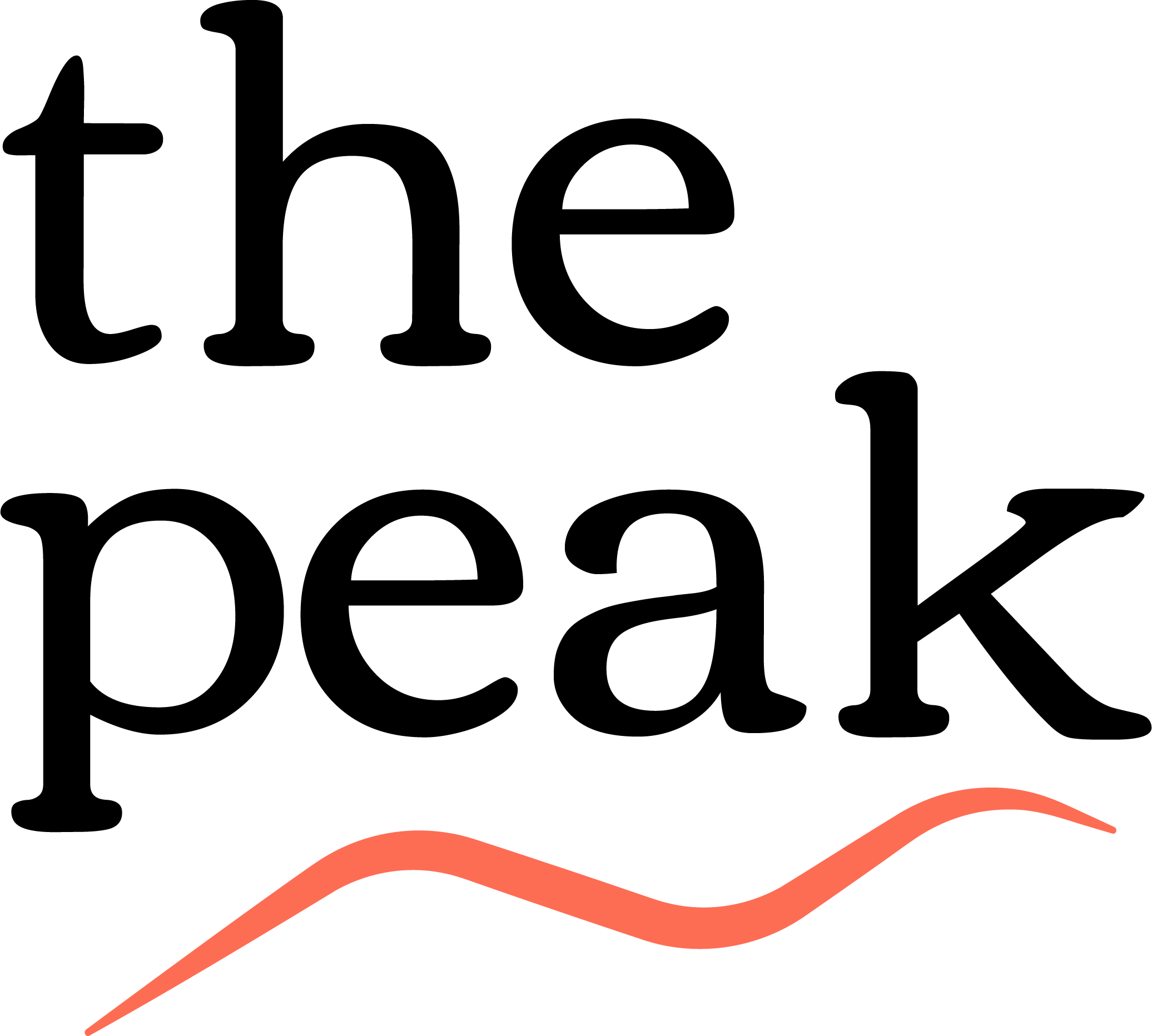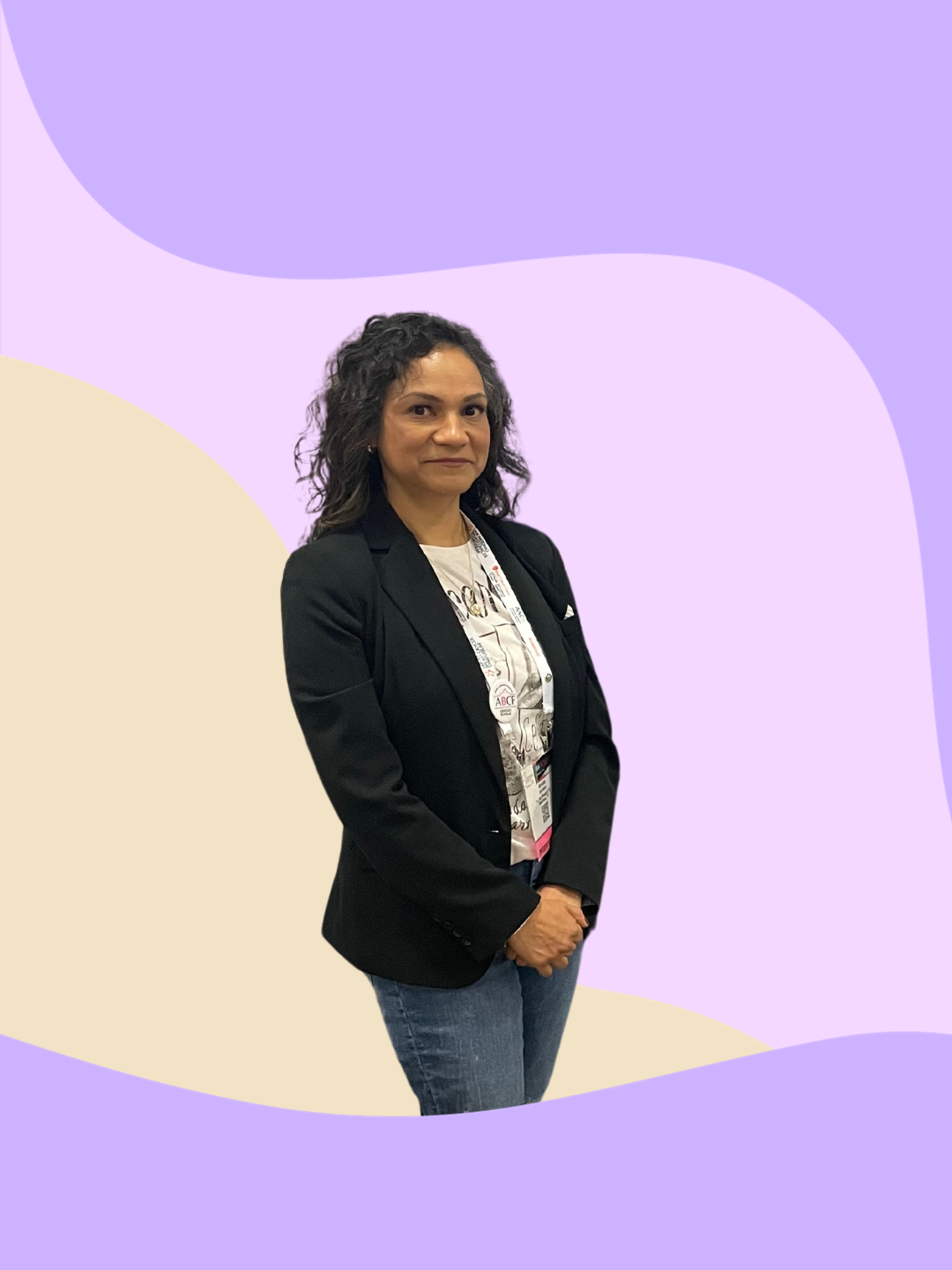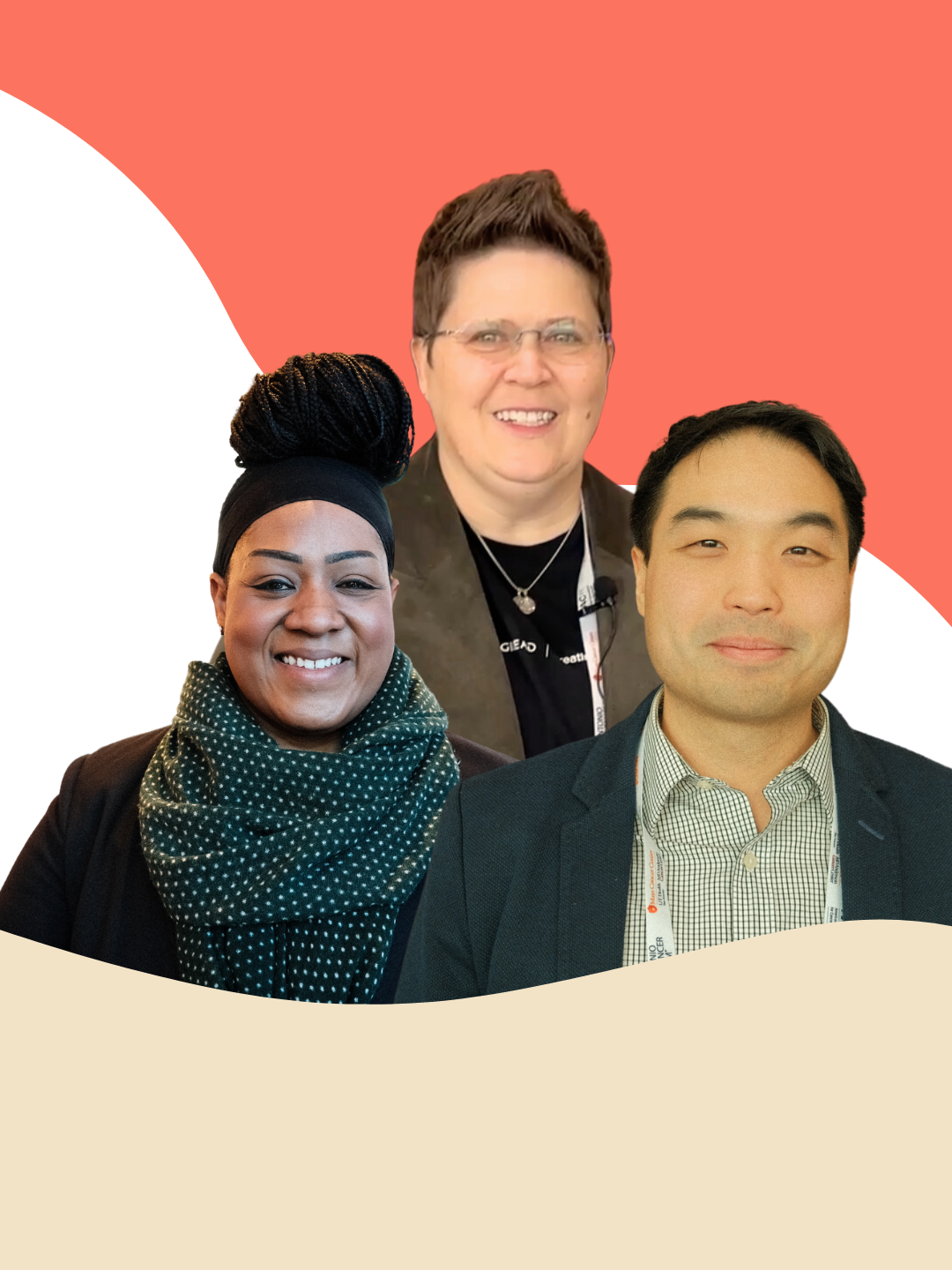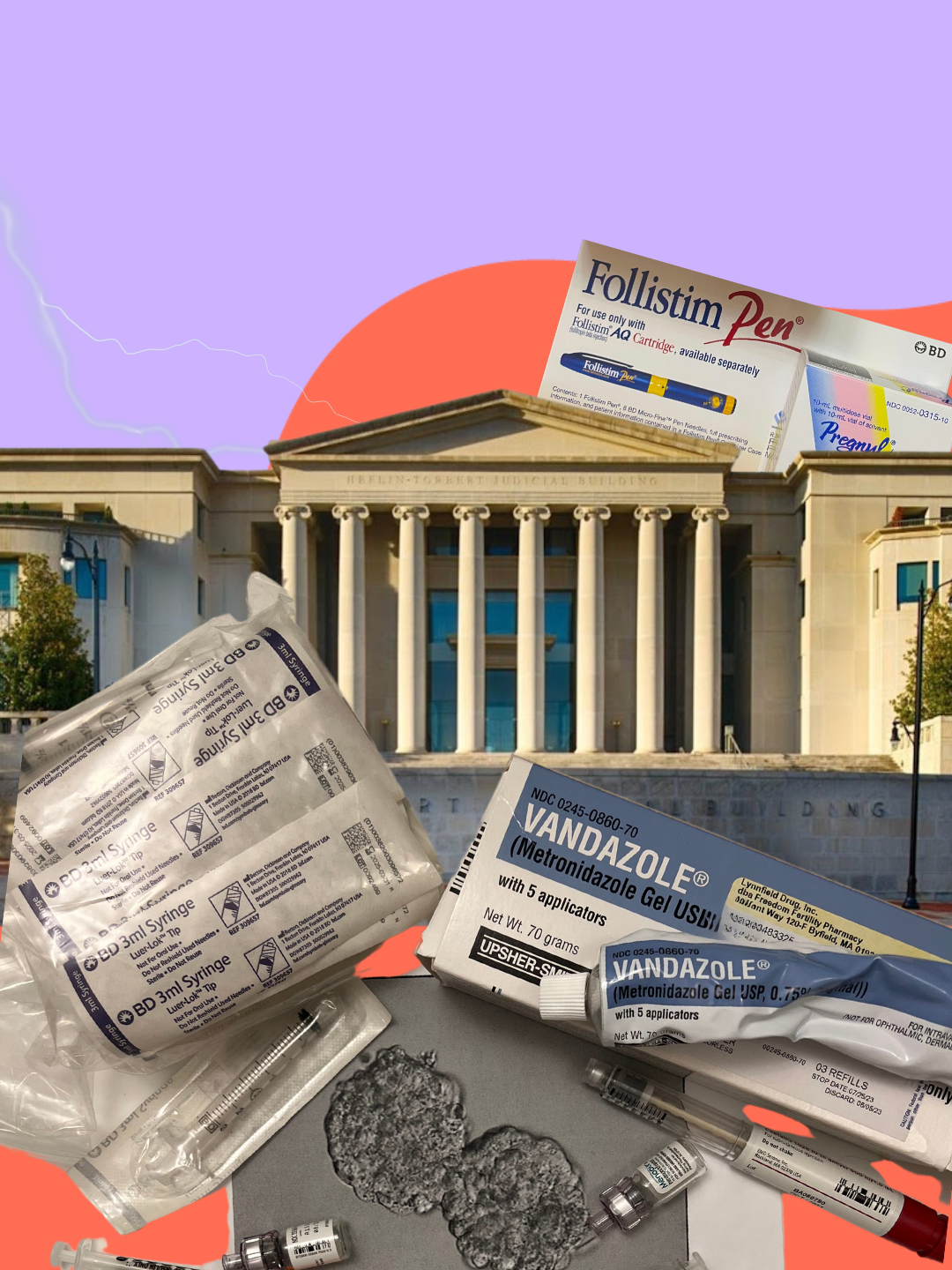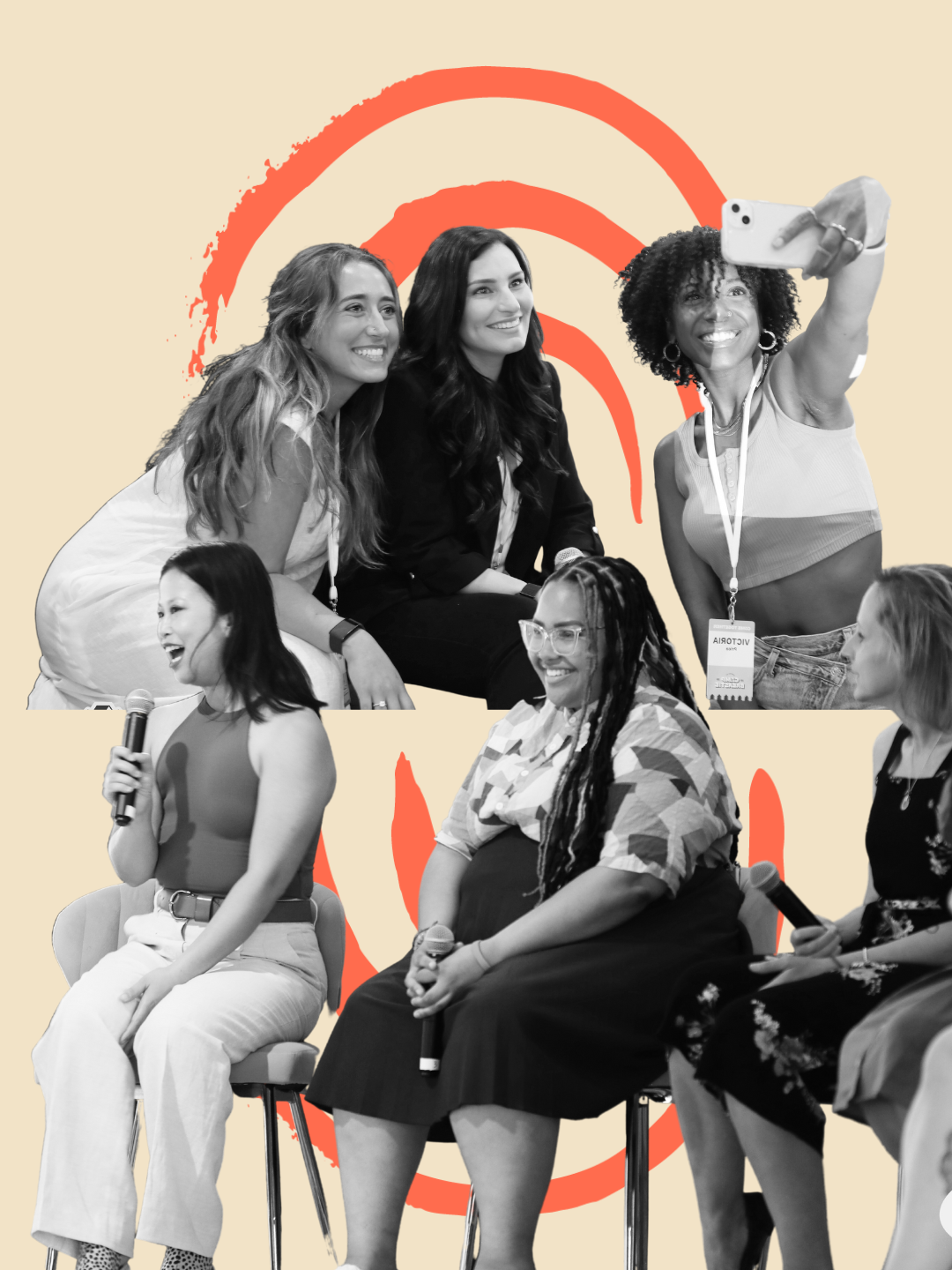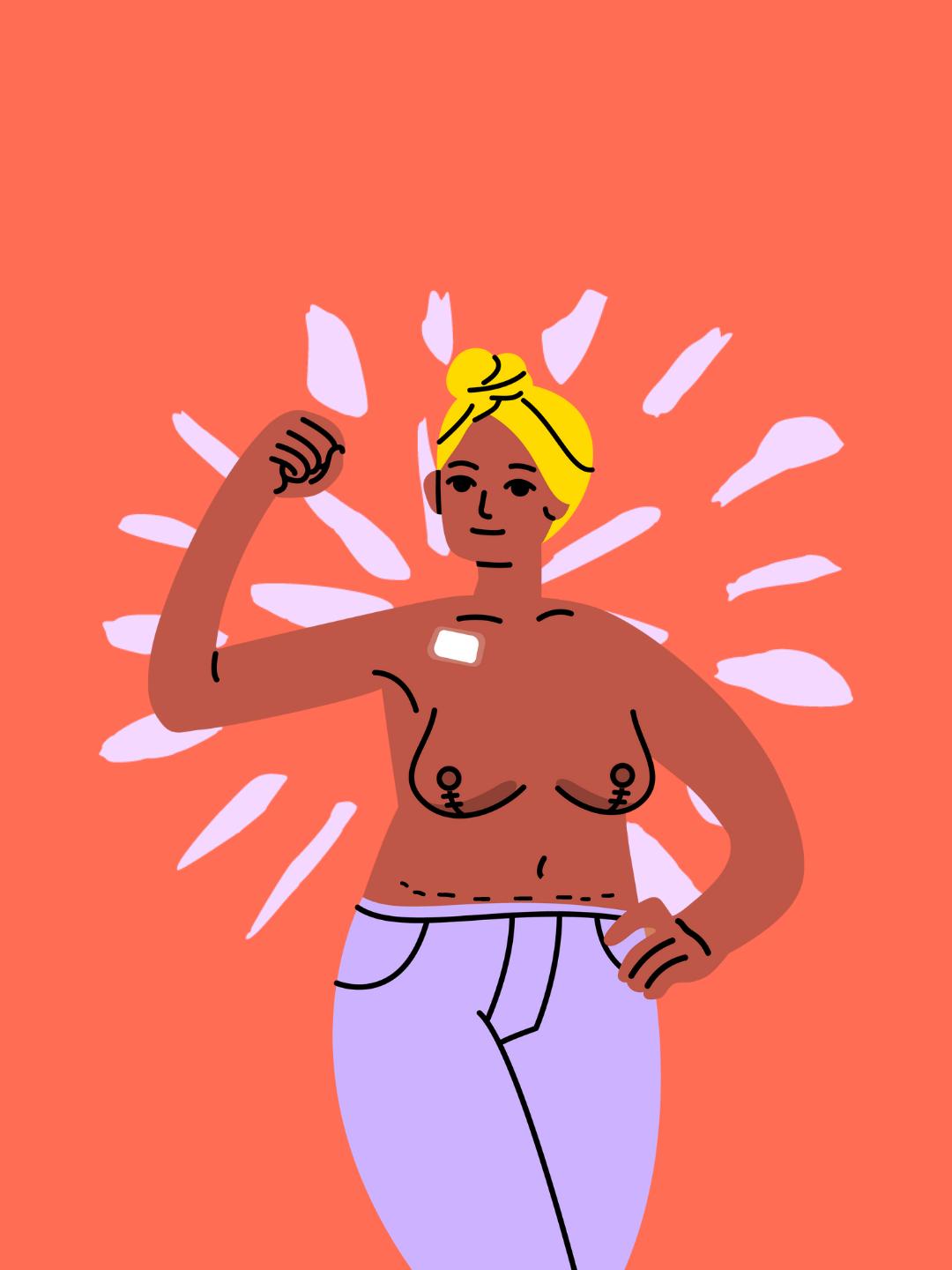That's it. I have officially finished my first full week at the San Antonio Breast Cancer Symposium (SABCS) in lovely San Antonio.
Taking place annually in December since 1978, SABCS brings together 10,000 clinicians, researchers, and scientists to dive into the latest breast cancer research. Thanks to the Alamo Breast Cancer Foundation, patient advocates are also able to attend the symposium, both in person and virtually, to make sure their voices are a part of the conversation.
It has been a week of very long days, lots of sessions, lots of science, lots of work, lots of networking, lots of advocates, lots of connections. It has been overwhelming. In a good way and in a bad way.
These are a few things that I learned.
More Latine Representation is Needed
There are not enough advocates of color, especially Latinas. We're struggling and there are not enough of us out here making our presence known, talking to all these clinicians and researchers and doctors.
Y'all, we gotta get this shit together.
There's a very small number of us, and we need more. It shouldn't be so few of us. There have been many times this week—many times—when I was ready to just be done. I'm tired of having to be Miss Diversity, having to have the same conversations with people about inclusion and equity. It gets hard. It is very hard.
And then I talk to someone or I walk through an exhibit hall with my Celia Cruz shirt as I'm listening to Bad Bunny in my headphones as one of the only brown women and I’m like, “I need to fucking be here.”
I should be here just like anyone else. You should be here. You should be here just like anyone else.
We Can Do More for the Metastatic Community
The second thing I learned is we have got to be more inclusive of the metastatic community in the entire breast cancer space. There were quite a few incidents this week where I noticed very extreme divides between early stagers and the metastatic community and it's ridiculous.
Befriending someone who is metastatic, being in a room with them, being in a support group with them does not mean you are going to catch metastasis. You're not.
We need to be supporting communities that need it the most. That's all there is to it. It's been very disappointing to see my friends who are metastatic have to be in these situations and feel excluded.
Research and Education are the Tip of the Iceberg
Making connections and networking is just as important as the science and educational aspect of attending conferences.
It's still surprising to me that I meet people every day from all over the country, from all over the world, who genuinely want to bring about change for others, who support each other. These trauma bonds from a cancer diagnosis become everlasting relationships and moments that are extremely enriching. I wouldn't trade it for the world.
One example is when I got to meet and hang out with Alicia Kabir, the CEO of Camp Kesem, a nonprofit that supports children facing a parent’s cancer.
It was an amazing experience to be able to just spend time with this person and witness her genuineness in being a part of Kesem and everything she wants to do for the organization, as well as being able to share my and my kids’ experiences.
Being a part of Kesem gives my kids the space to enjoy time at summer camp—with all the fun that it brings— and to feel supported, empowered and confident. It has also helped with the heaviness that can come with being a child whose caregiver is affected by cancer, knowing that they aren’t alone has been crucial to their healing.
I’ve also benefited from being a part of Kesem by making friends with other parents who are dealing with the same things as my family, which I’m grateful for. I even scored some brownie points from my kids when I shared the story of our meeting—the word “cool” might have even come up!
Being a Part of The Change
The other thing that was really exciting was that I got to be a part of a steering committee, involving scientists, oncologists, researchers and patient advocates, created by AstraZeneca. Together, we published a scientific poster, or a visual presentation of scientific information, that was displayed in this huge exhibit hall at SABCS.
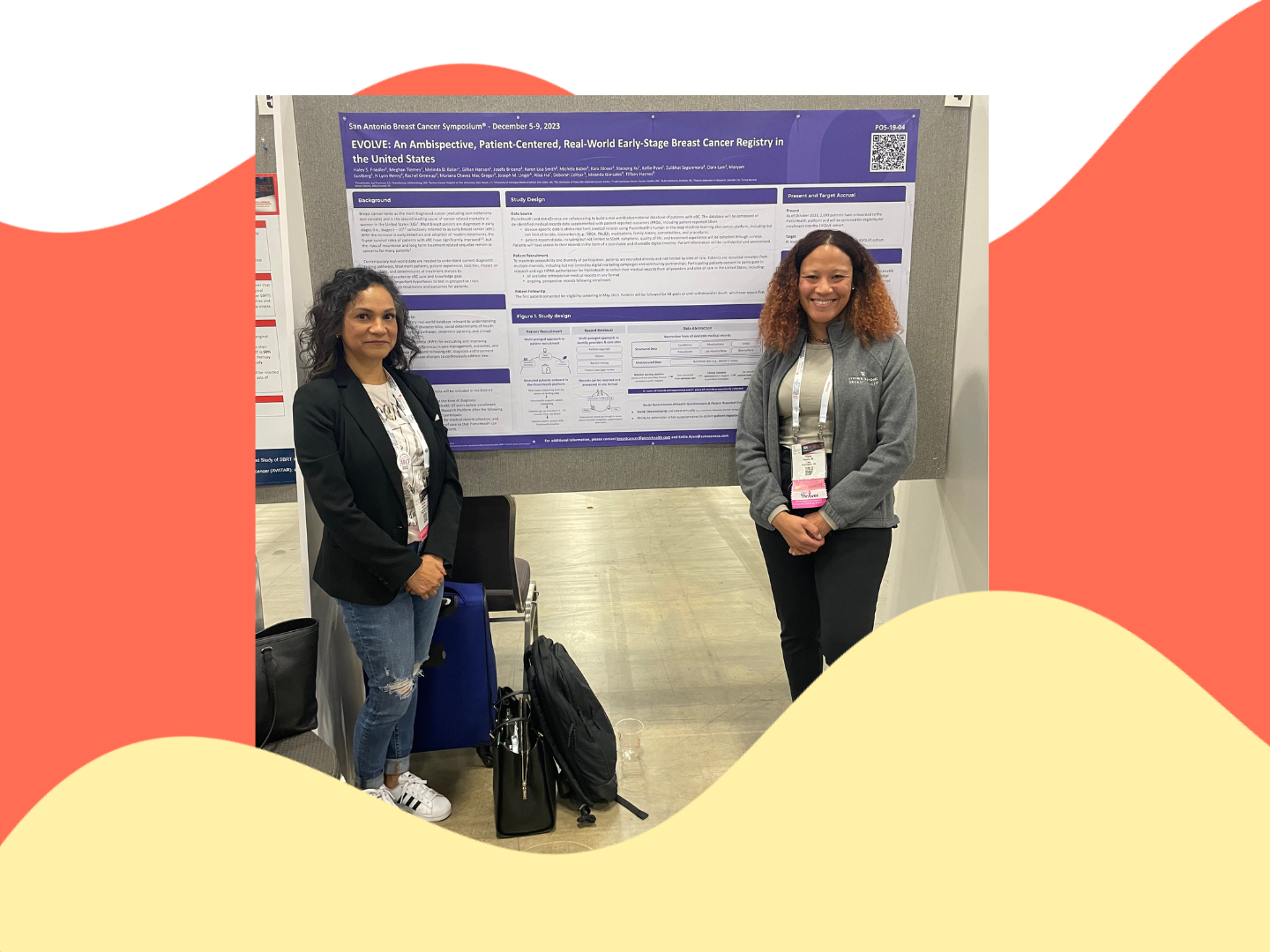
The project is the creation of an early-stage breast cancer registry called EVOLVE. The goals are to collect real-world data related to all facets of treatment with the objectives to improve treatments and the quality of life of patients, help with the design of prospective clinical trials, and build a better understanding of early-stage breast cancer & recurrence.
Now it exists in the world for eternity, and I get to add that to my little box of legacy mementos for my kids.
Advocacy is Hard But Worthwhile Work
Ultimately, I found that being a part of this advocate space can be very overwhelming, tiring, full of loss, there's heartache, but it can also be very rewarding, empowering, and inspiring.
I get to do this thing that I love, knowing that I can affect actual change, that I can teach other people how to affect actual change, and I get to do it with people that I love and people that love me.
We support each other and we help each other and we raise each other up when we're ready to give up. It was such a crazy and amazing experience, and I'm glad I was able to be a part of it.
